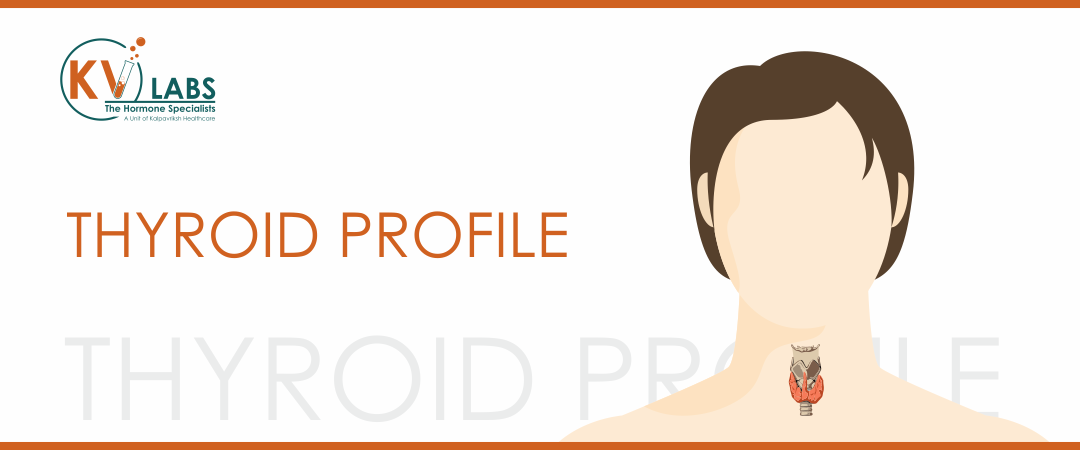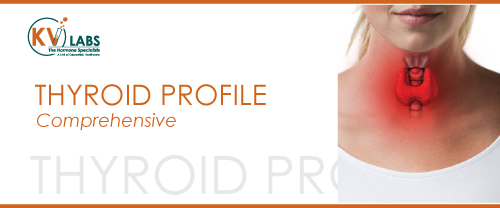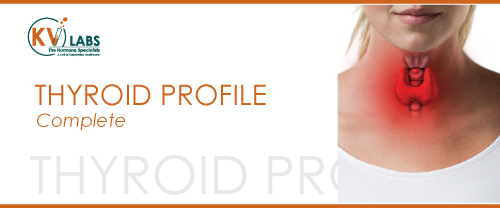Thyroid : Hormone Speciality Lab
Thyroid gland is present in both males and females.The gland secretes hormones that determines body's function of consuming oxygen, body's use of energy and production of heat. Therefore, over or under secretion of Thyroid is often associated with sudden weight gain or weight loss.






View More
Know More!
Thyroid hormone is secreted by gland located in center of neck just below your Adam’s apple. This hormone is required for optimum functioning of all body parts including your muscles, stomach, bone, heart and brain.
When thyroid gland produces less than desired levels of thyroid hormones, it is considered to be underactive or “hypothyroidism” and when it is over-producing then we call it “Hyperthyroidism”. Both of these states are harmful for baby as well as mother. Both of these states have distinct symptoms:
- HYPOTHYROIDISM
- Tiredness
- Depression
- Weight gain
- Feeling cold
- Dry skin and hair
- HYPERTHYROIDISM
- Feeling too hot when others are comfortable
- Rapid heartbeat
- Trembling hands
- Weight loss even though you eat enough
- Tiredness and/or trouble sleeping
- Feeling irritable and anxious
In large number of patients, there is no identifiable risk factor for thyroid disease. But certain risk factors do predispose for development of thyroid disease, especially for hypothyroidism.
- A family history of thyroid or autoimmune disease
- Type 1 diabetes or other autoimmune disease
- Prior radiation treatment of the head or neck
- Past thyroid surgery
- Thyroid antibodies, mainly thyroid peroxidase (TPO) antibodies, which are often present in Hashimoto’s disease
- Past infertility or preterm delivery
- A goiter (swelling of the thyroid gland)
Thyroid hormone testing is now-a-days part of routine check-ups. Anybody who has above-mentioned symptoms should be tested specifically. Every woman who is planning pregnancy should get herself tested for thyroid disease beforehand and in case of unplanned pregnancy, thyroid testing should be recommended at first visit to gynecologist. The reason for such liberal recommendation is two- fold. Firstly, it is an easily treatable disease and secondly, treatment is cheap and generally has no associated side-effects.
To detect thyroid disorders, your doctor does a physical exam and orders blood tests to measure your thyroid hormone levels. In the blood tests, main conclusion is drawn from a test called serum TSH. Interpretation of TSH values requires understanding of normal physiology of thyroid gland.